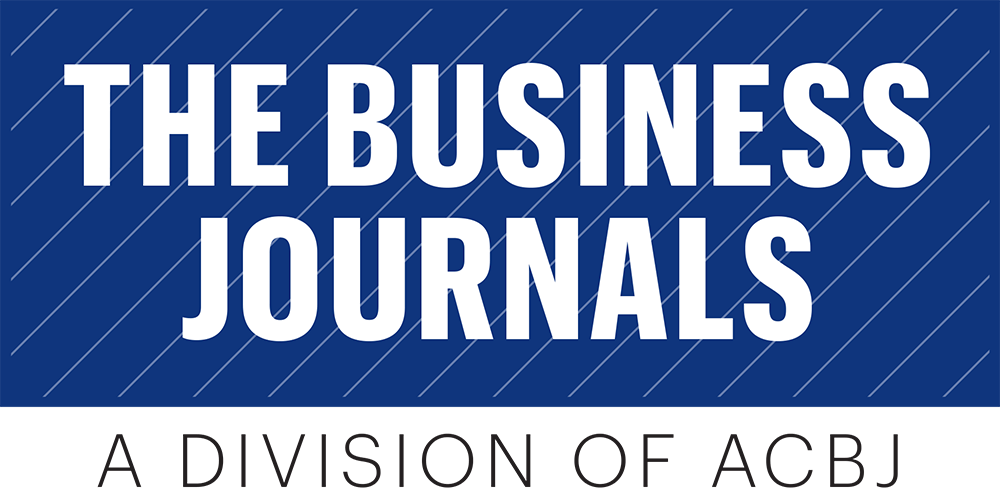LOS ANGELES, CA (September 27, 2017) excerpt via The Los Angeles Times - Mark Newman needed some fast cash last October to keep his small Studio City wine-importing business afloat. He went to his main bank but was rejected for a loan because of his relatively low sales.
So Newman, 61, turned instead to an online lending company called OnDeck. After submitting a handful of bank statements, he was quickly approved for a $65,000 loan, which allowed Newman to cover his wine shipments and keep his business running.
All good, right? Wrong, says Newman.
“These loans are predatory by nature,” he told me. Think payday loans for small businesses, he said, with interest rates well over 30%.
OnDeck Capital is representative of a new breed of online lenders known as financial-technology firms, or “fintech,” that have found a niche making money available to small businesses quickly and with minimal hassle.
Fairness in lending means clear and straightforward disclosure of terms and conditions. On that score, OnDeck seems to come up short.
For example, the company’s website boasts that term loans of up to $500,000 can be obtained with annual interest rates as low as 5.99%. Newman said that when he contacted OnDeck, he was hoping to get a loan at such a rate. But it didn’t work out that way.
“They were crafty about it,” he recalled. “They said they couldn’t offer me the lower interest rate, but they’d see what they could do for me.”
What he got was a 12-month, $65,000 loan, plus nearly $17,500 in interest and an origination fee of $1,625. That translated to an annual percentage rate of 55%.
In fact, OnDeck told me its average annual interest rate for term loans, excluding fees, is 38%.
To read the rest of the article, click here.



















